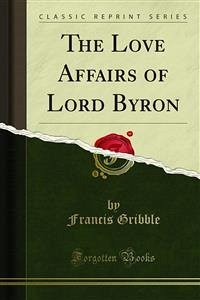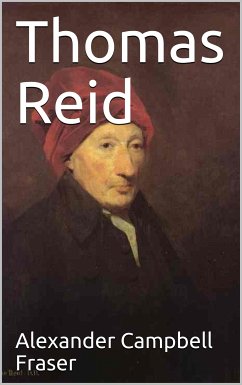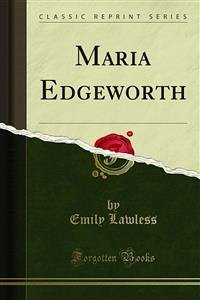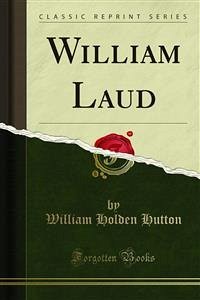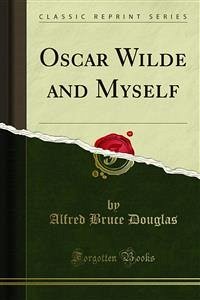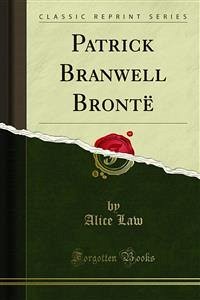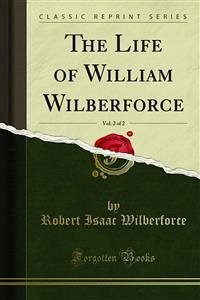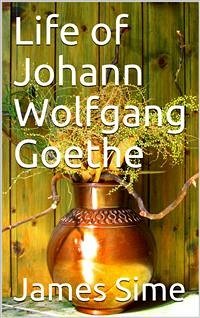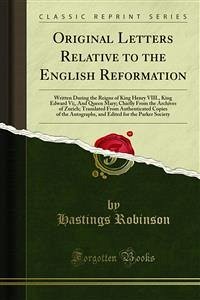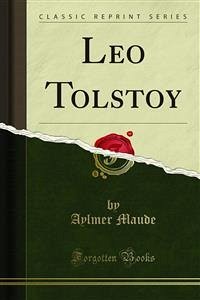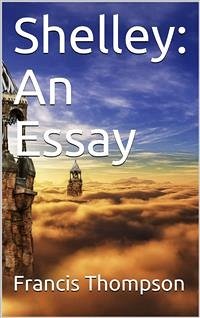
Shelley: An Essay (eBook, PDF)

PAYBACK Punkte
0 °P sammeln!
The Church, which was once the mother of poets no less than of saints, during the last two centuries has relinquished to aliens the chief glories of poetry, if the chief glories of holiness she has preserved for her own. The palm and the laurel, Dominic and Dante, sanctity and song, grew together in her soil: she has retained the palm, but forgone the laurel. Poetry in its widest sense, and when not professedly irreligious, has been too much and too long among many Catholics either misprised or distrusted; too much and too generally the feeling has been that it is at best superfluous, at worst...
The Church, which was once the mother of poets no less than of saints, during the last two centuries has relinquished to aliens the chief glories of poetry, if the chief glories of holiness she has preserved for her own. The palm and the laurel, Dominic and Dante, sanctity and song, grew together in her soil: she has retained the palm, but forgone the laurel. Poetry in its widest sense, and when not professedly irreligious, has been too much and too long among many Catholics either misprised or distrusted; too much and too generally the feeling has been that it is at best superfluous, at worst pernicious, most often dangerous. Once poetry was, as she should be, the lesser sister and helpmate of the Church; the minister to the mind, as the Church to the soul. But poetry sinned, poetry fell; and, in place of lovingly reclaiming her, Catholicism cast her from the door to follow the feet of her pagan seducer. The separation has been ill for poetry; it has not been well for religion. We ask, therefore, for a larger interest, not in purely Catholic poetry, but in poetry generally, poetry in its widest sense. With few exceptions, whatsoever in our best poets is great and good to the non-Catholic, is great and good also to the Catholic; and though Faber threw his edition of Shelley into the fire and never regretted the act; though, moreover, Shelley is so little read among us that we can still tolerate in our Churches the religious parody which Faber should have thrown after his three-volumed Shelley; —in spite of this, we are not disposed to number among such exceptions that straying spirit of light.



